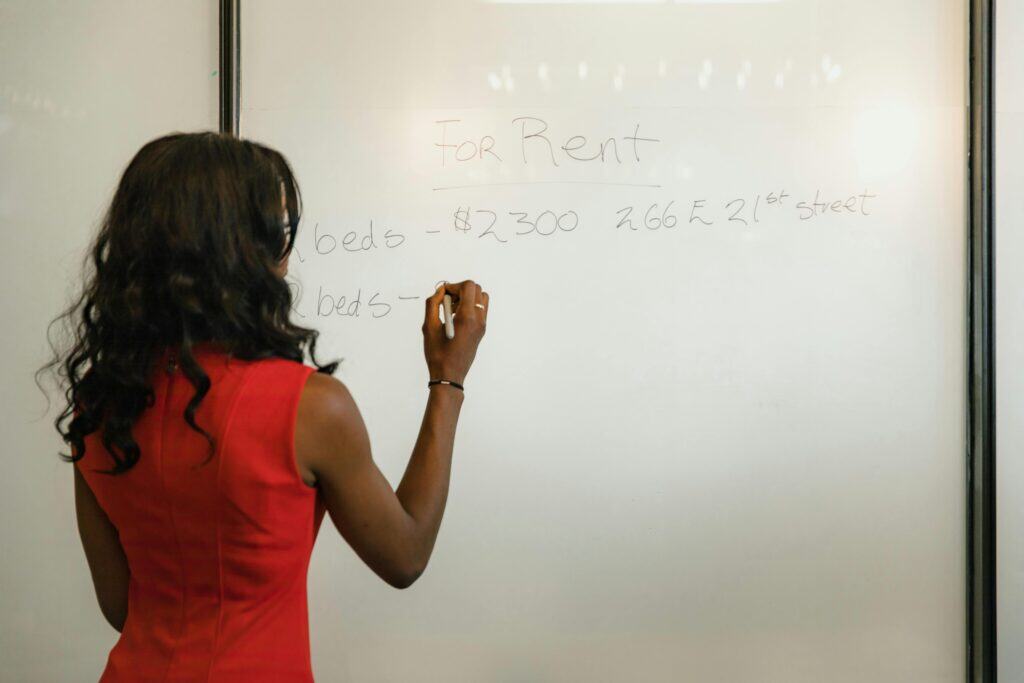
What is AB12 and how does it impact california security deposit law?
California’s Assembly Bill No. 12 (AB 12) represents a pivotal change in rental property management laws. Signed into law by Governor Gavin Newsom, this legislation revises the maximum amount landlords can charge as a security deposit. The new law stipulates a limit of one month’s rent for security deposits for both furnished and unfurnished properties, significantly reducing the previously allowed two months’ rent for unfurnished and three months for furnished units. This change is designed to alleviate the financial burden on tenants while maintaining a level of security for landlords. This marks a significant change in California’s Security Deposit Law.
Who Will Be Affected by AB12?
AB 12’s implications are widespread across the California rental market. Landlords of both furnished and unfurnished units will need to adjust their leasing practices and financial expectations to align with the new legal requirements. This is especially significant in areas with higher rental rates, where landlords were previously able to secure larger security deposits under the old law. The bill aims to balance tenant affordability with landlord security needs.
Small landlords that own no more than two properties with a total of no more than four units are exempt from AB12. These landlords would still be able to seek damages from tenants responsible for harm to the property that exceeds the amount of the security deposit. Landlords with over two properties will feel the impact of California’s new security deposit law.
Who is Classified as a “Small” Landlord?
Under AB 12, ‘small landlords’ are defined as those who own no more than two residential properties, that collectively include no more than four units all together. These landlords must be natural persons, members of a limited liability company where all members are natural persons, or family trusts. Small landlords are permitted to charge up to two months’ rent as a security deposit, except when renting to military service members. This distinction aims to provide more flexibility to smaller property owners while offering protection to service members.
When Does AB12 Take Effect?
Set to become effective on July 1, 2024, AB 12 gives landlords ample time to prepare for these significant changes. This transitional period is crucial for landlords to review and amend rental agreements and adapt their financial strategies to comply with the new law. Landlords should use this time to become acquainted with the law’s details and understand its impact on their rental business operations. It is critical to familiarize yourself with California’s new security deposit law.
How Will AB12 Affect Your Business?
For Small Landlords
For small landlords, as defined by AB 12, the impact is somewhat moderated by the provision allowing a higher security deposit cap compared to larger landlords. This means small landlords can still charge up to two months’ rent as a security deposit, offering a buffer against potential damages or unpaid rent. However, they must be cautious not to exceed this limit and stay updated on any further legislative changes. The new law may require adjustments in budgeting for repairs and tenant screening processes, ensuring financial security despite the lower deposit cap.
For Large Landlords
Large landlords, who fall outside the small landlord exemption, will face more significant adjustments. The reduction to a one-month rent cap on security deposits means these landlords must reconsider their financial safety nets. They may need to enhance tenant screening processes to mitigate the risk of property damage or unpaid rents. This change could lead to a greater focus on maintaining property conditions and tenant relations, ensuring the longevity and profitability of their investments despite the lower security deposit protection.
The Penalties for Not Abiding by AB12
Financial Ramifications
The most immediate consequence of not adhering to the new security deposit limits set by AB 12 is financial. Landlords who charge more than the stipulated one month’s rent (or two months’ rent for small landlords, with the specified exceptions) for a security deposit risk facing legal actions brought by tenants. These actions can result in landlords being ordered to refund the excess amount charged. Furthermore, the legal process itself may incur considerable costs, including attorney fees and court expenses, which can add up quickly, significantly impacting a landlord’s financial standing.
Statutory Damages
Beyond the basic financial implications, AB 12 also opens the door for tenants to claim statutory damages. If a landlord is found to have retained a security deposit in bad faith – that is, knowingly demanding more than what is legally permissible – they could be liable for up to twice the amount of the security deposit as statutory damages. This penalty is designed to discourage landlords from flouting the law and underscores the importance of strict adherence to the security deposit limits.
AllView Real Estate Can Help
In an environment where rental laws are constantly evolving, having a knowledgeable property management partner becomes essential. AllView Real Estate, with expertise in managing properties in Los Angeles, San Diego, and Orange Counties, is well-equipped to navigate these changes. We ensure your property adheres to the latest legal requirements, relieving you from the complexities of compliance. Our team’s understanding of both local and state rental laws means your investment is managed efficiently and lawfully, giving you peace of mind and freeing you to focus on your investment’s growth. With AllView Real Estate, stay ahead of legal changes and ensure your property management is always compliant and efficient.
Disclaimer: AllView Real Estate does not provide legal advice. This material has been prepared for informational purposes only. All users are advised to check all applicable local, state, and federal laws, and consult legal counsel should questions arise.



